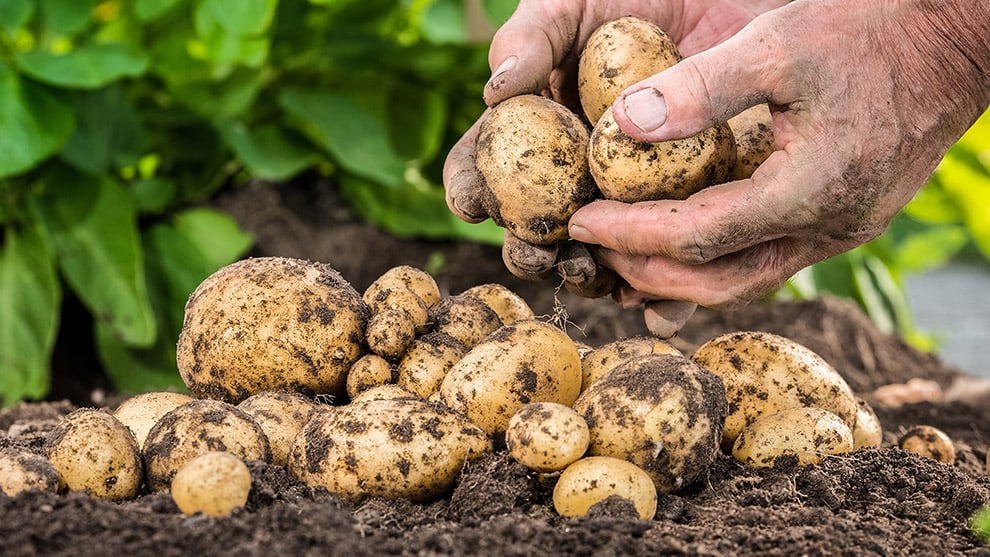Unilever brand to launch regenerative agriculture projects to mitigate climate impact
Unilever’s Knorr food brand plans to launch 50 regenerative agricultural projects across its global supply chain over the next five years to help reduce greenhouse gas emissions and water use and improve bio-diversity, soil health and livelihoods.

Unilever’s Knorr food brand plans to launch 50 regenerative agricultural projects across its global supply chain over the next five years to help reduce greenhouse gas emissions and water use and improve bio-diversity, soil health and livelihoods.
They follow more than a decade of collaboration with farmers and suppliers, which has led to 95 per cent of vegetables and herbs now being sustainably sourced.
Knorr claims together they will lower its key ingredients’ greenhouse gas emissions and water use by around 30 per cent while improving bio-diversity, soil health and livelihoods.
“We need to work with nature and eco-systems, not against them,” Hanneke Faber, president of Unilever’s foods and refreshment division, said.
“Earlier this year we launched Unilever’s Regenerative Agriculture Principles to support the growing of food with a positive impact on nature. Now Knorr is putting the principles to the test, and sharing learnings as we go along so that everyone can do the same.”
According to experts, food production accounts for more than a third of all greenhouse gas emissions, is a leading cause of soil and species loss and the biggest user of water.
Unilever said in a press release: “We need to grow food in ways that protect the planet and preserve precious resources. This means restoring and regenerating nature by lowering greenhouse gas emissions (carbon footprint), putting nutrients back into the soil, reusing and recycling water, and increasing living species below and above ground. This will, in turn, improve livelihoods and help safeguard the future of food.”
The initiative is part of the Unilever Climate and Nature Fund. — VNS





